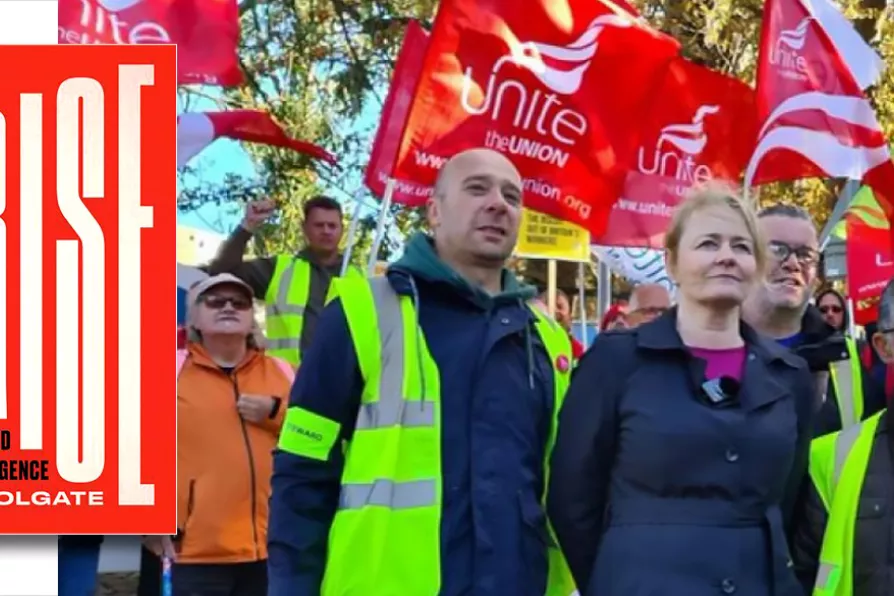Releases from Rahsaan Roland Kirk, Maggie Nicols/Robert Mitchell/Alya Al Sultani, and Gordon Beck Trio and Quintet

 ALL CHANGE: Sharon Graham on the picket line with Weetabix workers
[Unite the union]
ALL CHANGE: Sharon Graham on the picket line with Weetabix workers
[Unite the union]
Arise: Power, Strategy and Union Resurgence
Jane Holgate
Pluto Press, £16.99
TAKING her cue from Hobsbawm’s analysis of the decline in trade union power, Holgate seeks to address the same problem — namely why trade union power has continued to decline since 1979, and whether this means that trade unionism in the 21st century requires “a fundamental rethink about the structure and strategy of trade union organising.”
Holgate’s book centres on how trade unions organise and the main organising models that have been adopted during the past 40 or so years in response to union decline.
She analyses these models and finds them deficient in that they ignore what, for her, is the vital question — the locus of power.

In part II of a serialisation of his new book, JOHN McINALLY explores how witch-hunting drives took hold in the Civil Service as the cold war emerged in the wake of WWII

KEVAN NELSON reveals how, through its Organising to Win strategy, which has launched targeted campaigns like Pay Fair for Patient Care, Britain’s largest union bucked the trend of national decline by growing by 70,000 members in two years

Research shows Farage mainly gets rebel voters from the Tory base and Labour loses voters to the Greens and Lib Dems — but this doesn’t mean the danger from the right isn’t real, explains historian KEITH FLETT











